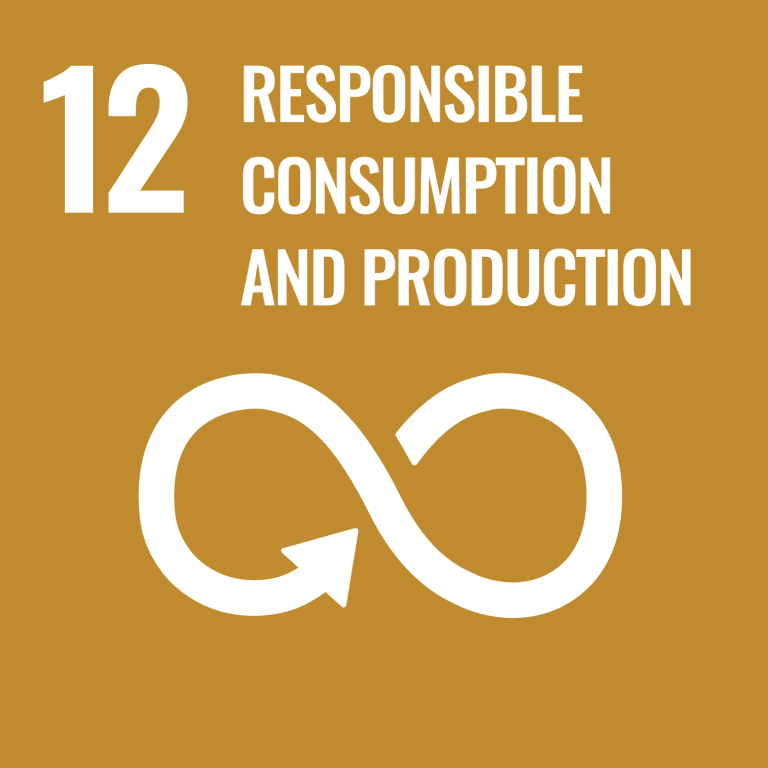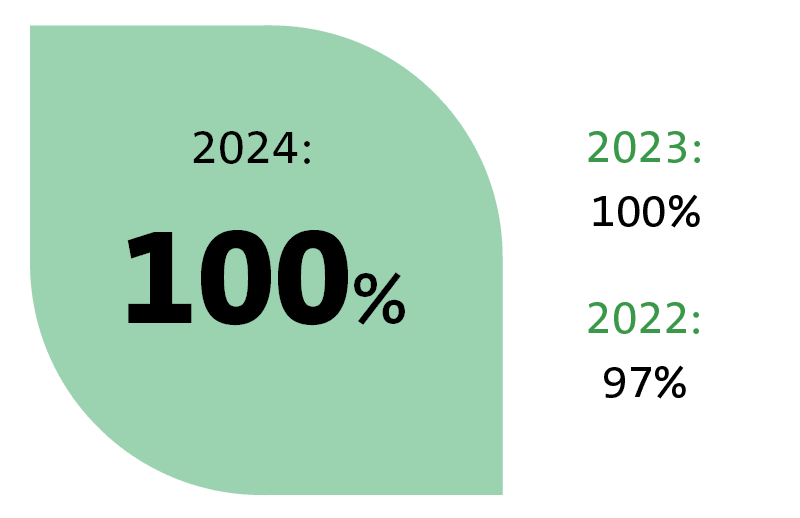Key objectives for 2022–2025
All our packaging is recyclable by the end of 2025. We will increase the use of renewable and recycled material.
Our aim is to continuously reduce the amount of packaging plastic and materials. Our long-term goal is to do away with plastic packaging altogether.
We educate and inspire consumers on packaging recycling and sustainability.

Package recycling must be easy
One of our key objectives is to encourage consumers to be responsible and recycle packaging. In addition to recycling labels, our products also include clear, verbal instructions on how to recycle the packaging. Consumers are also interested in other responsibility-related information, such as information on carbon-neutral production.
One of the key challenges related to packaging materials is that consumers’ opportunities to recycle packaging materials for consumer products varies from market to market. We are trying to find packaging options that can be recycled in all markets.

Constant development
We have constant co-operation with research institutes, packaging manufacturers and paper industry to find new cardboard-based packaging options for our products. As part of the environmentally friendly packaging, we avoid unnecessary and oversized packaging. We also look into opportunities to reduce the amount of plastic in our current packaging.
Raisio committed to Green Deal
Raisio has signed the Green Deal on reducing the consumption of single-use plastic food containers. The deal is based on an EU Directive that aims to reduce the use of single-use food packaging made entirely or partly from plastic, the contents of which are ready to be consumed directly from the container. The ultimate goal is to reduce the amount of plastic litter in the environment, especially on seashores, and to promote a circular economy.
The Green Deal on reducing the consumption of single-use plastic food containers only applies to products that are sold individually, are consumed directly from the container and do not need to be prepared by the consumer before consumption, meaning that it only applies to a few products in Raisio’s product range.
The Ministry of the Environment has set a target to reduce the amount of plastic by 5% by 2026, compared to 2022 levels. We have started development work to achieve the targets of the Green Deal: we are working closely with packaging material suppliers to find the right packaging materials for our process and products, ensuring product safety and the longest possible shelf life to minimise food waste.
New packaging solutions require a great deal of innovation and investment from the packaging material suppliers in a relatively short time frame.

